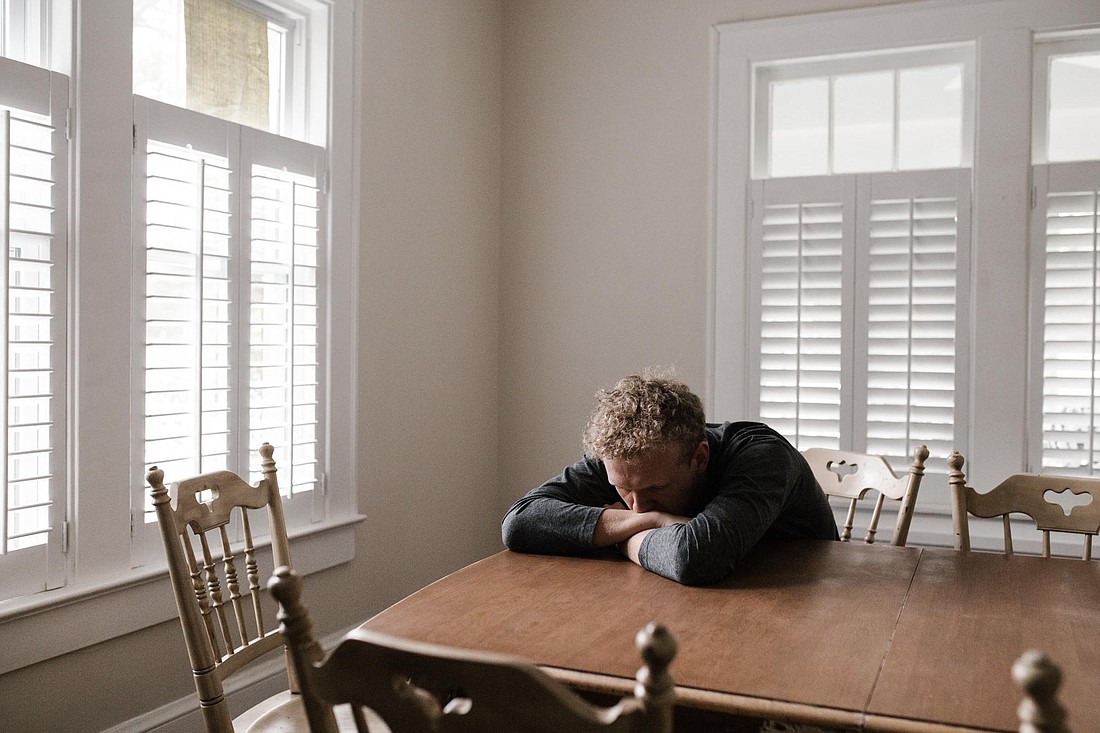- December 24, 2024
-
-
Loading

Loading

by: Dr. Kelley Renae Holladay
Assistant Professor of Clinical Mental Health Counseling, Jacksonville University’s Palm Coast location
The devastating toll of COVID-19 reaches far beyond those who contracted the virus. For safety reasons remote became the new normal, and people nationwide were socially isolated. In a research study my colleagues and I conducted involving more than 775 college students, we found increased levels of alcohol consumption, anxiety, and depression during the COVID-19 pandemic (Coakley et al., 2021).
Unfortunately, among the general population, the data share a similar picture. Statistics published by the National Institutes of Health show 2020 was the deadliest year on record for drug overdoses. In an interview with NPR, Dr. Nora Volkow, director of the National Institute on Drug Abuse, said the organization saw the highest number of overdose deaths ever recorded during a 12-month period last year.
Public health measures, including quarantining and self-isolating, are important for public safety, but they may influence anxiety and depression. According to the Centers for Disease Control and Prevention, approximately 75 percent of young adults experienced at least one mental health symptom within three months into the pandemic restrictions, and over 25 percent reported seriously contemplating suicide. Mental health concerns and substance use are connected, as people often self-medicate to cope with distress and trauma.
Traumatic events, like neglect, abuse, and sexual abuse are a major public health concern in the US due to the long-term effects. Research shows the more trauma an individual has faced, the more likely that person is to develop alcoholism and abuse substances. Individuals with a history of childhood abuse and neglect are far more likely to develop a substance use disorder in adulthood. Adverse childhood experiences scores, or ACES, are calculated by assessing traumatic events prior to age 18. These experiences influence future wellbeing, and carry a greater risk of health and behavioral issues, including drug use. As ACES rise, studies show trauma levels, alcoholism, drug abuse, and IV drug abuse all rise. (To find out your ACES score, check out numberstory.org to take the questionnaire, or learn more.)
Shame resulting from adverse experiences fuels addiction. Substances are a maladaptive method used to cope with shame and other negative life experiences. Living with an active substance use disorder is painful. Watching loved ones struggle can also feel like a powerless journey. With this in mind, there are many accessible resources where people can get help.
Immediate Help in Florida:
Virtual Support:
Coping skills are essential, and can help to manage the day-to-day (e.g., meditation, walking, accountability partner, spirituality, books, etc.), but healing trauma that lies at much deeper levels is important as well. That takes time – be patient with yourself.
Most importantly, take action no matter how small, as substance use tends to worsen with time. There is no shame in asking for help. Eventually everyone needs a little help in this world, as suffering is universal. We collectively experienced that suffering throughout the recent year. Collectively is also how we heal.